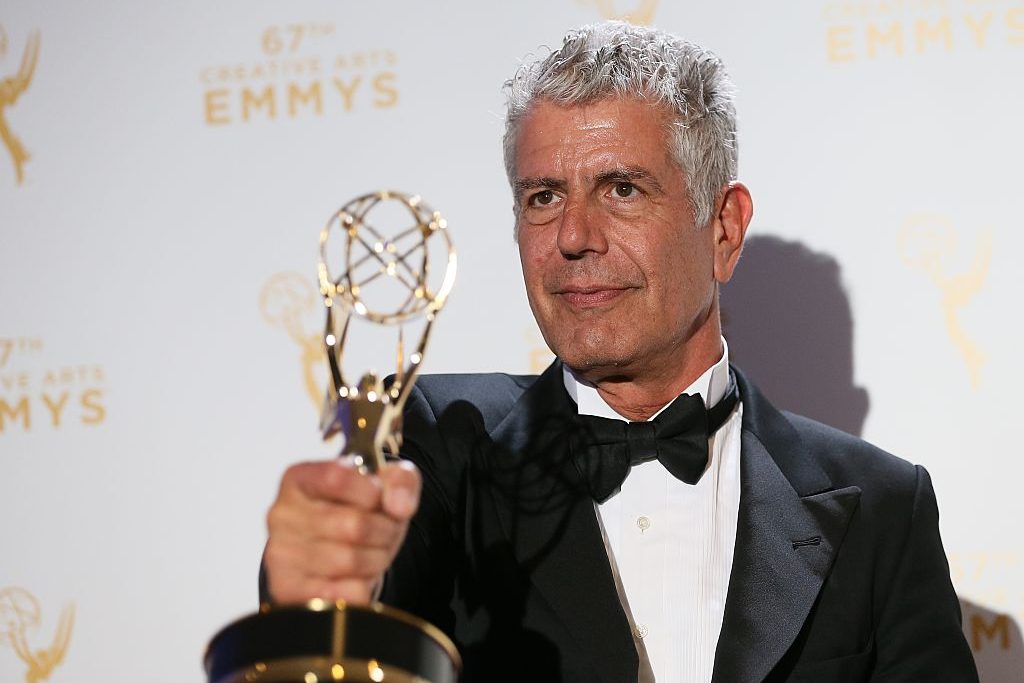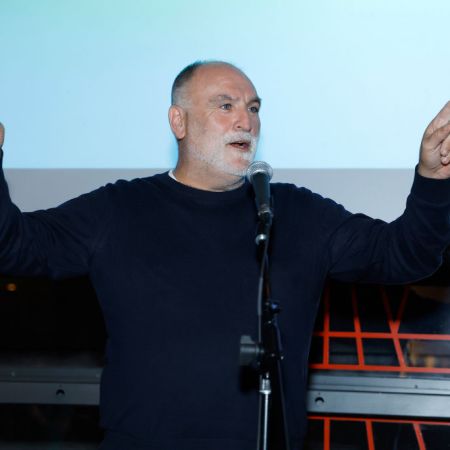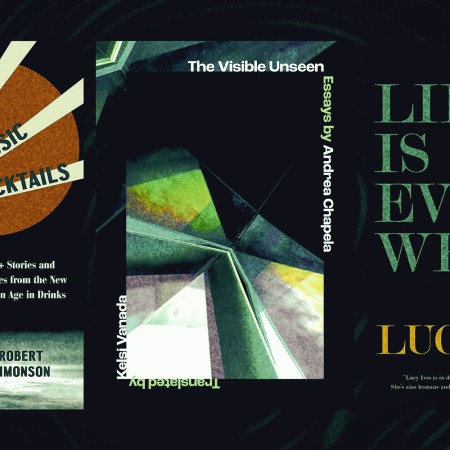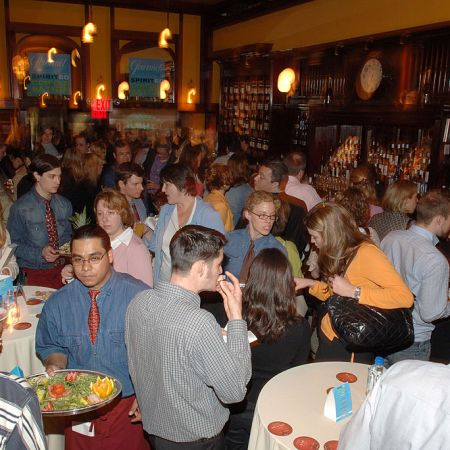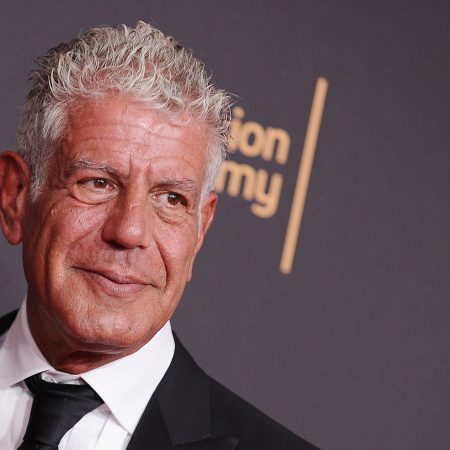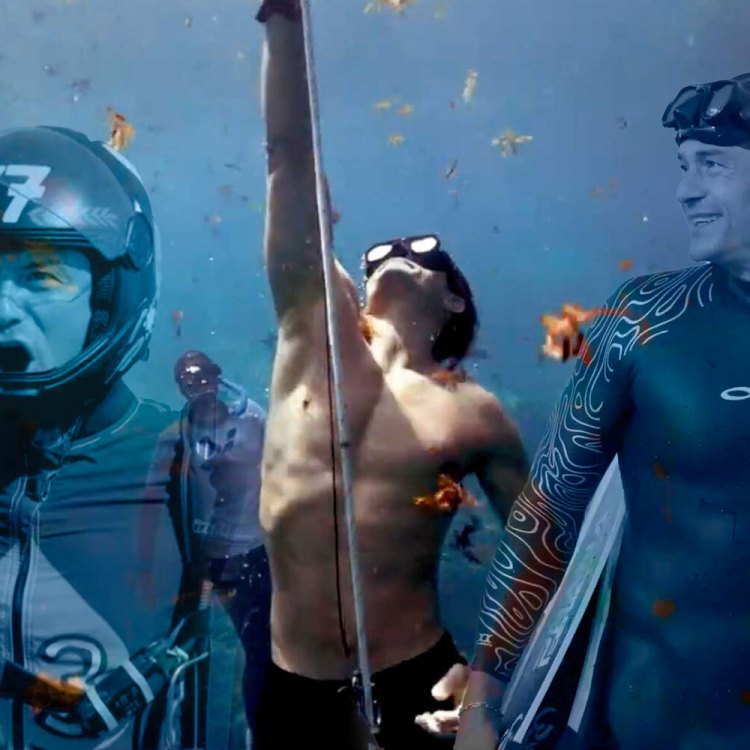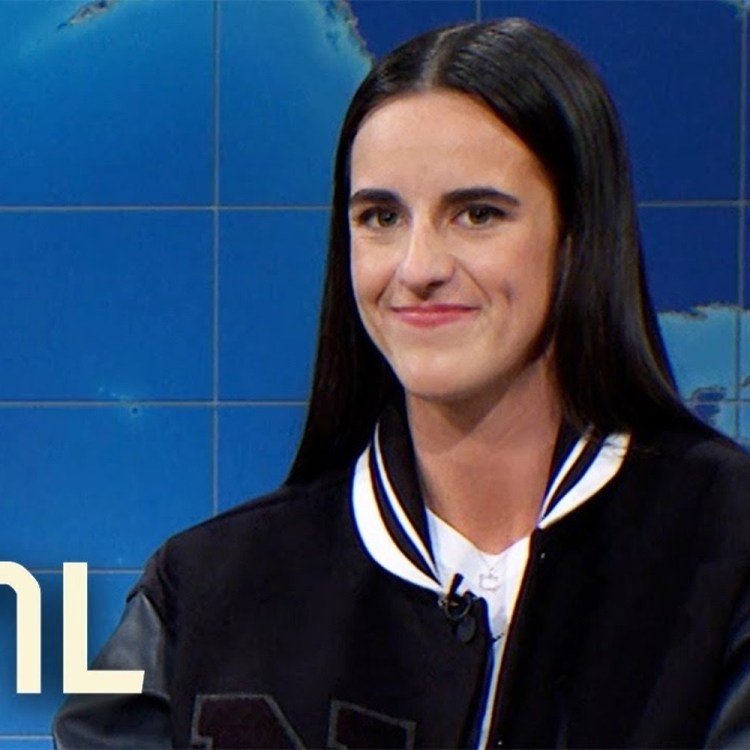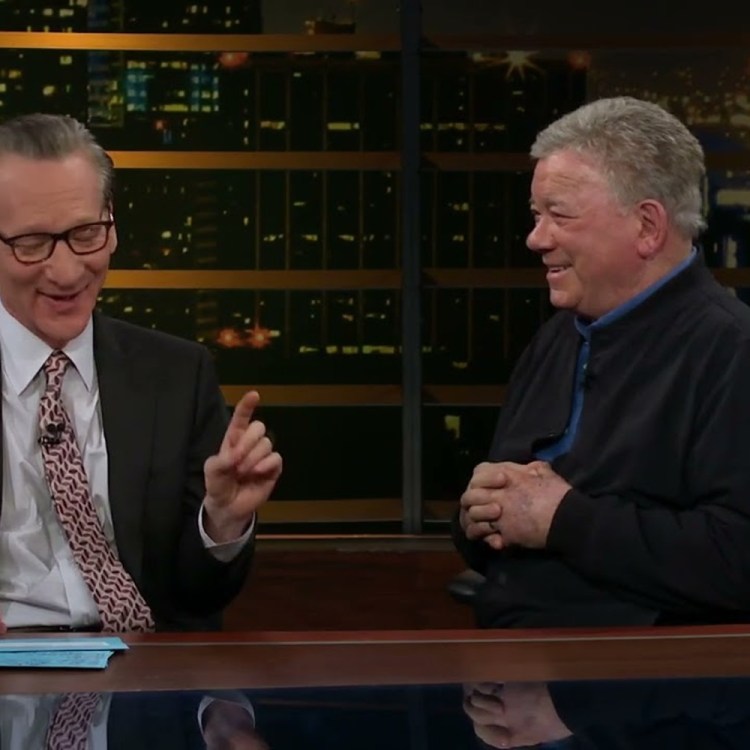When the subject of prestige television comes up, what are the first things that come to mind? Something highly-touted and scripted, most likely. The odds are good that said program airs or aired on HBO as well, though that’s far from a lock these days. But there are other characteristics as well — including, but not limited to, a willingness to experiment stylistically and take risks. And that sense of artistic freedom is contagious. It’s highly notable that both Only Murders in the Building and Evil have had dialogue-free episodes this year, for instance.
While Anthony Bourdain isn’t usually spoken of in the same breath as the showrunners behind some of prestige television’s biggest names, there’s an argument to be made that he should be. This week, Literary Hub published an excerpt from Tom Vitale’s memoir In the Weeds: Around the World and Behind the Scenes with Anthony Bourdain. Vitale was Bourdain’s longtime producer, and Vitale’s memories of working on Parts Unknown offer a quietly revelatory look at Bourdain’s approach to television.
Vitale recalls Bourdain’s observations about television as a medium. “The camera is a liar. Drawing attention to it calls into question our own reliability and shows our hands aren’t clean,” Bourdain said during the making of an episode in Madagascar. “I want to show how manipulative even ‘honest, tell it like it is’ TV can be.”
Combine that awareness of the medium with a willingness to avoid formula — Vitale recalls that “[o]ne of [Bourdain’s] most important rules was the shows always had to be different each week” — and it’s not hard to see the case for the show’s formal invention coming together. Among the other risks the show took that Vitale recalls in the excerpt were an homage to the filmmaker Wong Kar-Wai and an episode told in reverse chronological order.
Recall, too, that Parts Unknown was a wildly popular show for CNN. How many viewers came for the food and the exploration and ended up getting a lesson in what the medium was capable of? And how many of them found their appetite for complex and inventive storytelling growing in the months and years that followed?
Thanks for reading InsideHook. Sign up for our daily newsletter and be in the know.
